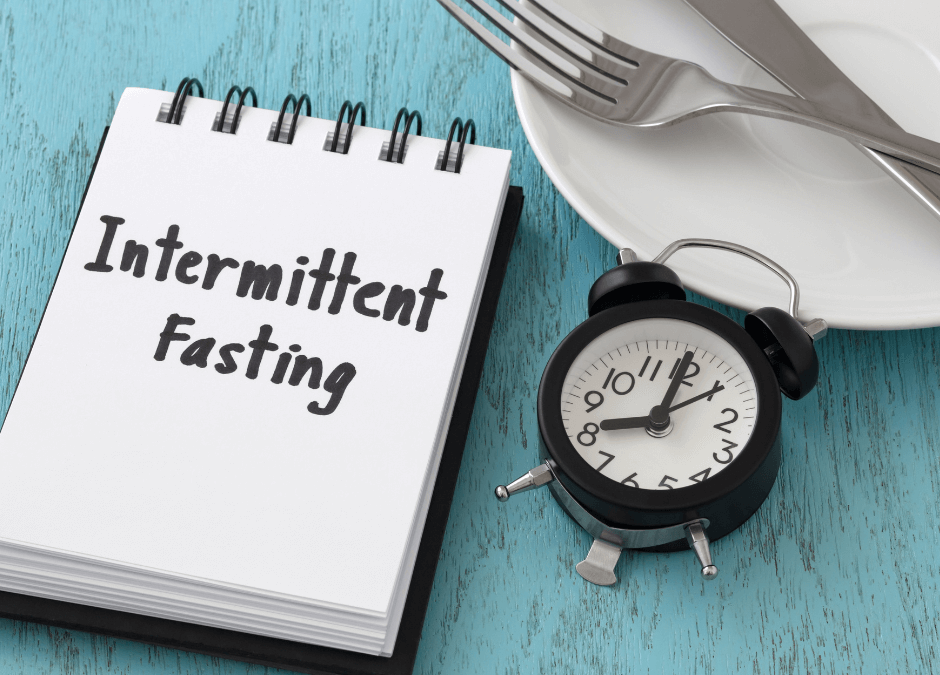In 2018 I wrote an updated blog post on intermittent fasting (IF) and since that time, interest in this feeding behavior has only grown.
Because I regularly get questions about IF, I’m writing a very brief post (more at a later date) on current scientific thinking around this topic.
WHAT IS INTERMITTENT FASTING?
While there are several subtypes, IF is generally considered an eating pattern where you put your body in a fasting state by not eating for a certain period of time.
There’s a great deal of interest in IF as an approach to weight loss, but for you and I as survivors of hormone-driven breast cancer, there’s an interest in IF as a way to potentially reduce risk of recurrence.
Yes, there’s a connection between weight loss and breast cancer, but what I’d like you to know is that it’s not so much about the number you see on your bathroom scale, but what happens in your body during an extended period of time with no food.
INSULIN AND GLUCOSE
In nearly 80% of breast cancer cases, hormones (like estrogen) fuel cancer growth. There’s great interest in learning more about the interaction of insulin with hormones like estrogen, especially in looking at how excess body fat can accelerate the production of insulin.
With regard to breast cancer, IF is being investigated to learn whether it’s a feasible eating strategy for reducing fat and improving insulin levels, which in turn can help reduce estrogen levels and slow the growth of the breast cancer tumors.
WHAT YOU CAN DO NOW
Research into the benefit of IF and reduced risk of breast cancer recurrence is in an early phase (mainly animal studies). While data from pre-clinical research is promising, we need much more rigorous testing and human data to determine whether (and how) IF is beneficial for breast cancer survivors.
That said, you don’t need to wait for research outcomes to gain the potential benefits of manipulating the timing of your eating.
Here are three tips for getting started:
- Aim for a 13-hour overnight window of no eating
- One study reported that fasting for at least 13 hours had a decreased risk for breast cancer recurrence, but this study has not been confirmed in other available studies. That said, avoiding nighttime snacking and late-night eating can aid in improving your sleep, have favorable metabolic outcomes, and potentially help with weight loss.
- Try ending your last meal earlier in the evening. While there’s no “magic” time, aim for somewhere between 5 pm and 8 pm, not eating again until 13 hours later
- 12 to 14 hours of fasting seems to be associated with health benefits
- Don’t fast so long that you become “over-hungry”; longer fasting windows (beyond 12-14 hours) aren’t necessarily aligned with improved health outcomes
- Going too long with no food causes blood sugar to drop, energy and focus to diminish, and the likelihood of overeating once you do sit down to a meal to increase.
____________________________________________________________________________
Thanks for reading my blog post! Inspired and/or enlightened by what you read? Be sure to subscribe so you never miss a new post.
Subscribe by CLICKING HERE to get your FREE copy of The Five Foods Survivors Should Eat
CLICK THIS LINK and watch my 2-minute Peaceful Plate program video!
Follow me on Instagram @hormone.breastcancer.dietitian
This information is for educational purposes only and is not intended as medical advice. Please consult your dietitian or doctor for guidance specific to your needs.
____________________________________________________________________________
RESOURCES:

